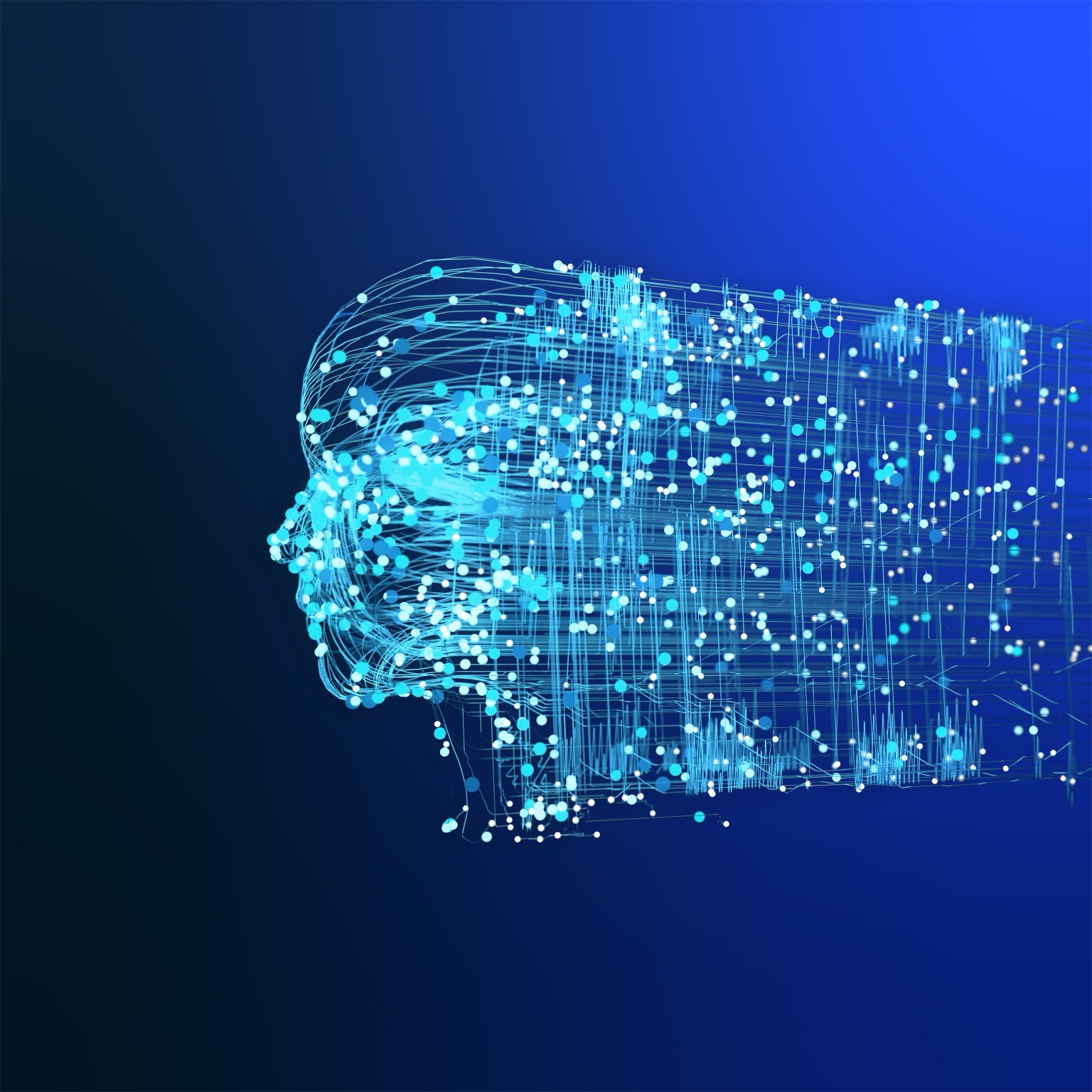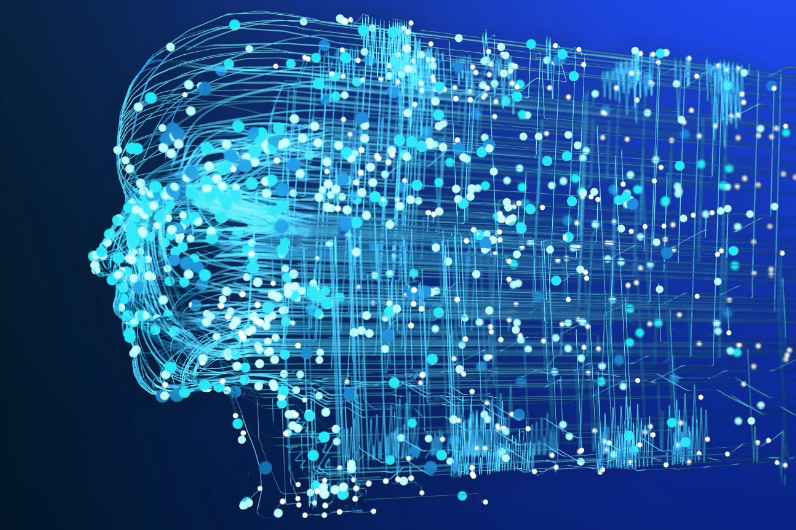Generative AI has the potential to revolutionize productivity across industries. It can enhance creativity, efficiency, and innovation.
Generative AI represents a significant leap in technological advancement, offering unprecedented capabilities in automating tasks and generating content. This cutting-edge technology can streamline operations, reduce costs, and foster creativity by creating new products and services. Businesses can leverage generative AI to analyze large datasets, predict trends, and improve decision-making processes.
The economic impact is vast, with potential applications ranging from healthcare to finance, manufacturing, and more. As companies adopt generative AI, they can gain a competitive edge, boost productivity, and drive economic growth. This transformative technology is poised to become the next frontier in enhancing global productivity.
Introduction To Generative AI
Generative AI is revolutionizing the way we approach productivity. This groundbreaking technology holds vast economic potential. It can change industries and create new opportunities.
What Is Generative AI?
Generative AI refers to artificial intelligence that can create content. This includes text, images, music, and even code. Unlike traditional AI, which follows pre-set rules, generative AI learns and generates new data. It uses deep learning models like neural networks.
These models analyze vast amounts of data. They then use this data to create something entirely new. This makes generative AI highly versatile and powerful.
Historical Context
The concept of generative AI is not new. It has its roots in early machine learning research from the 1950s. Researchers have long sought to create machines that can mimic human creativity.
In the 2010s, advances in deep learning made generative AI more feasible. Breakthroughs like Generative Adversarial Networks (GANs) revolutionized the field. GANs consist of two neural networks. One generates content, while the other evaluates it. This process improves the quality of the output.
Today, generative AI is more accessible than ever. Companies are leveraging it to innovate and stay competitive.
Economic Impact
The rise of Generative AI marks a significant shift in the global economy. This technology has the potential to revolutionize various industries. It promises increased productivity and new revenue opportunities.
Market Potential
The market potential for Generative AI is immense. Analysts predict substantial growth in the coming years. Companies across sectors are investing heavily in AI research and development.
Here are some key areas with high market potential:
- Healthcare: Enhanced diagnostic tools and personalized treatments.
- Finance: Improved risk assessment and fraud detection.
- Retail: Personalized shopping experiences and inventory management.
- Manufacturing: Automated quality control and predictive maintenance.
Revenue Streams
Generative AI opens up various revenue streams for businesses. Companies can leverage AI to create new products and services. They can also optimize existing processes to save costs.
Consider these potential revenue streams:
- Software Licensing: Selling AI software solutions to other businesses.
- Subscription Models: Offering AI-based services on a subscription basis.
- Data Monetization: Utilizing AI to analyze and sell data insights.
- Consulting Services: Providing expertise on AI implementation and strategy.
The economic impact of Generative AI is far-reaching. It not only creates new markets but also transforms existing ones. Businesses that embrace this technology stand to gain significantly.
Productivity Gains

Credit: www.mckinsey.com
Generative AI brings immense potential for productivity gains. It automates tasks, improves efficiency, and enhances decision-making. Businesses can achieve more in less time. Here, we explore the core areas where Generative AI shines.
Automation Capabilities
Generative AI excels in automation capabilities. It can handle repetitive tasks. This frees up human workers for more creative work. Consider the following:
- Data Entry: AI can automate data input, reducing errors.
- Customer Support: Chatbots provide instant responses to common questions.
- Content Creation: AI tools generate articles, reports, and even design layouts.
These automation capabilities lead to significant time savings. Teams can then focus on strategic initiatives.
Efficiency Improvements
Generative AI also boosts efficiency. It optimizes workflows and processes. Below are key areas where it helps:
| Area | Efficiency Gains |
|---|---|
| Supply Chain Management | Predicts demand and manages inventory better. |
| Marketing | Personalizes campaigns based on customer data. |
| Product Development | Speeds up design iterations and testing. |
Efficient processes lead to lower costs and faster outcomes. Businesses can then scale operations more effectively.
Industry Applications
The economic potential of generative AI is vast and transformative. Various industries are already leveraging this technology to enhance productivity. Below are key applications of generative AI in different sectors:
Manufacturing
Generative AI is revolutionizing the manufacturing industry. It helps optimize design processes and improve production efficiency.
- Design Automation: AI can create complex designs quickly. This reduces the time and cost of product development.
- Predictive Maintenance: AI predicts equipment failures before they occur. This minimizes downtime and repair costs.
- Quality Control: AI systems inspect products for defects. This ensures high-quality standards are maintained.
Healthcare
Healthcare is another industry benefiting from generative AI. It aids in diagnosis, treatment, and patient care.
- Medical Imaging: AI analyzes medical images for early disease detection. This leads to timely and accurate diagnoses.
- Drug Discovery: AI accelerates the drug discovery process. It identifies potential compounds faster than traditional methods.
- Personalized Treatment: AI creates personalized treatment plans. This improves patient outcomes and satisfaction.
Finance
Generative AI is making waves in the finance sector. It enhances data analysis, risk management, and customer service.
- Fraud Detection: AI detects fraudulent activities in real time. This protects both banks and customers.
- Algorithmic Trading: AI executes trades at optimal times. This maximizes profit and minimizes risk.
- Customer Support: AI chatbots provide 24/7 customer service. This improves user experience and satisfaction.
Innovation And Creativity
Generative AI is transforming the world of innovation and creativity. This technology offers endless possibilities for new ideas. It helps businesses and creative professionals push boundaries.
New Product Development
Generative AI plays a big role in new product development. It can design unique products quickly. This reduces the time needed to bring products to market.
For example, AI can create custom designs for shoes, clothes, and gadgets. It predicts trends and customer preferences. This helps companies stay ahead of competitors.
| Industry | AI Application | Benefit |
|---|---|---|
| Fashion | Custom Designs | Faster Market Entry |
| Electronics | Product Prototyping | Cost Reduction |
| Automotive | Feature Testing | Improved Safety |
Creative Industries
Generative AI impacts many creative fields. It helps artists, musicians, and writers. AI can compose music, generate art, and write stories.
This technology offers new tools for creative professionals. They can experiment with different styles and ideas. AI can even collaborate with humans on projects.
- AI-generated music compositions
- AI-assisted art creation
- Automated content generation
Generative AI is a game-changer for creative industries. It opens up new possibilities and boosts productivity.
Challenges And Risks
Generative AI represents a new productivity frontier. Yet, it also brings challenges and risks. These challenges must be addressed to leverage AI’s full economic potential.
Ethical Considerations
Generative AI raises ethical concerns. It can produce biased or harmful content. Bias in AI reflects human prejudices present in training data. Correcting this bias is essential.
Another ethical issue is privacy. AI systems can misuse personal data. Ensuring data security is crucial. Transparent AI processes build user trust.
Job Displacement
Generative AI can automate tasks. This leads to job displacement. Many fear losing their jobs to machines. Workforce reskilling is necessary.
Here is a brief comparison of job impacts:
| Industry | Potential Impact |
|---|---|
| Manufacturing | High |
| Healthcare | Moderate |
| Education | Low |
Companies must support employees. They should offer training programs. This helps workers adapt to new roles.
Collaboration between humans and AI can create new opportunities. Balancing automation and human skills is key.
Future Trends
The future of Generative AI holds immense economic potential. Understanding future trends is crucial for leveraging this technology. This section delves into the key trends shaping the future of Generative AI.
Technological Advancements
Technological advancements are driving the evolution of Generative AI. New algorithms and models are constantly being developed. These improvements make AI smarter and more efficient.
Generative AI can now create high-quality content in seconds. This includes text, images, and even music. The technology is becoming more accessible to businesses. Startups and large corporations alike are adopting it quickly.
| Year | Advancement |
|---|---|
| 2021 | Introduction of GPT-3 |
| 2023 | Improved Natural Language Processing |
| 2025 | AI-Generated Art and Music |
Policy And Regulation
The rise of Generative AI also brings regulatory challenges. Governments are crafting policies to manage its impact. These policies aim to ensure ethical use and prevent misuse.
Regulations focus on data privacy and security. They also address intellectual property rights. Compliance with these regulations is crucial for businesses. Failing to comply can lead to legal issues and penalties.
- Data Privacy Laws
- Ethical AI Guidelines
- Intellectual Property Rights
Countries are collaborating to create global standards. This ensures uniformity in AI regulation worldwide. Businesses must stay updated with these changes. Understanding the policy landscape is essential for successful AI integration.

Credit: www.linkedin.com
Frequently Asked Questions
What Is Generative AI?
Generative AI refers to algorithms that create new content like text, images, or music. It uses machine learning models. These models generate outputs based on patterns learned from data.
How Does Generative AI Impact The Economy?
Generative AI boosts productivity by automating tasks and creating new content. It reduces costs and speeds up processes. This leads to economic growth and new job opportunities.
Can Generative AI Improve Business Efficiency?
Yes, generative AI automates repetitive tasks and enhances creativity. This improves business efficiency. It allows employees to focus on strategic activities.
What Industries Benefit From Generative AI?
Industries like healthcare, finance, and entertainment benefit from generative AI. It enhances diagnostics, automates financial analysis, and creates realistic visual effects.
Conclusion
Generative AI holds immense economic potential. It promises to transform productivity across industries. Businesses should embrace this technology to stay competitive. Investing in generative AI can drive innovation and efficiency. As we move forward, the economic benefits will become increasingly apparent.
Generative AI is indeed the next productivity frontier.






